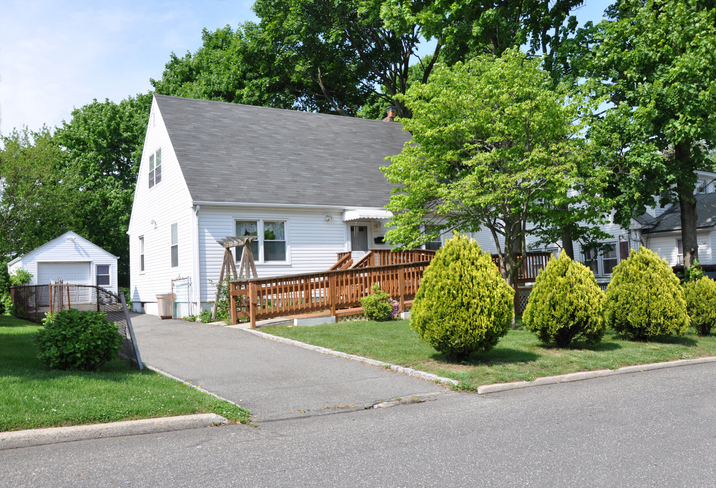Gov. Wolf recently signed into law a bill that eliminates the tenant “death penalty” from residential leases.
A “death penalty” is a lease provision that makes a deceased tenant’s estate liable to the landlord for penalties and rent under the lease. Sometimes, these provisions placed liability upon the estate to pay rent and penalties anywhere from one month to the full-year balance of the lease.
Under the new law, the “death penalty” under a lease is limited to two months after the tenant’s death. Specifically, the law gives the executor or administrator of the estate of the deceased tenant the option to terminate the lease upon 14 days written notice to the landlord. The option to terminate arises at the later of: the last day of the second calendar month that follows the calendar month in which the tenant died or upon surrender of the rental unit and removal of all of the tenant’s personal property. The law only applies to a tenant who was the sole tenant of a residential unit.
When a tenant dies, landlords are often burdened with dealing with the tenant’s personal property remaining in the property. The new law gives some measure of relief by providing that the estate’s option to terminate does not begin until the removal of the tenant’s belongings. This, in turn, should motivate the executor or administrator of the estate to remove the deceased tenant’s personal property in order to limit liability for ongoing rent.
The law also provides that the tenant’s estate is liable for any lease related debt incurred by the tenant prior to the termination of the lease. This may include back rent or damages to the leased premises. In addition, the estate is also liable to the landlord for any expenses that the landlord may have incurred as a direct result of the tenant’s death. For example, there may be clean up expenses, sometimes requiring the use of a professional restoration company.
Where a tenant’s death occurs, the landlord should find out the name of the person administrating the estate in order to open the line of communications about money owed, removal of personal property, and transitioning the property back to the landlord. Landlords who have tenant death penalty provisions in their lease should remove or amend the provisions so as not to conflict with the new law. The new law applies to all leases entered into or renewed after Jan. 2, 2017.
Topics
Member Discussion
Recent Articles
-
Key Moments: Realtors® Share Stories From on the Job
- July 18, 2025
- 3 min. read
“It’s incredibly rewarding to be a change-maker for families in this role,” says RAMP member Todd Van Horn as he recalls his time working with a talented chef and his family of six in the 1990s.
-
Aging in Place Remodeling Projects Are Decreasing
- July 17, 2025
- 2 min. read
Only 56% of professional remodelers were involved in projects designed to allow homeowners to age in place as of Q1 2025, an all-time low according to NAHB.
-
Over 200 Suburbs Have More Renters Than Owners
- July 16, 2025
- 2 min. read
In five years alone (2018-2023), 15 suburbs flipped from having a majority of owners to a majority of renters. This includes the Philadelphia suburb of King of Prussia.
Daily Emails
You’ll be the first to know about real estate trends and various legal happenings. Stay up-to-date by subscribing to JustListed.



